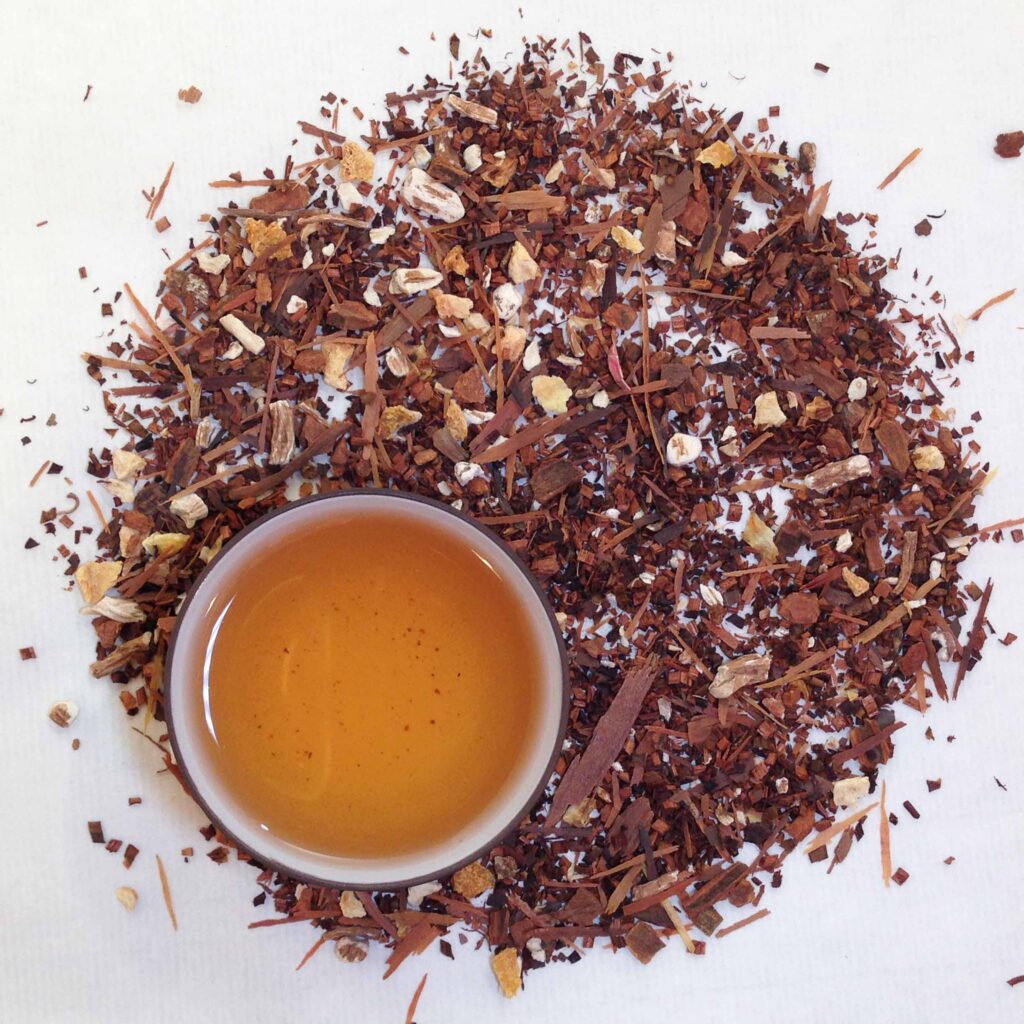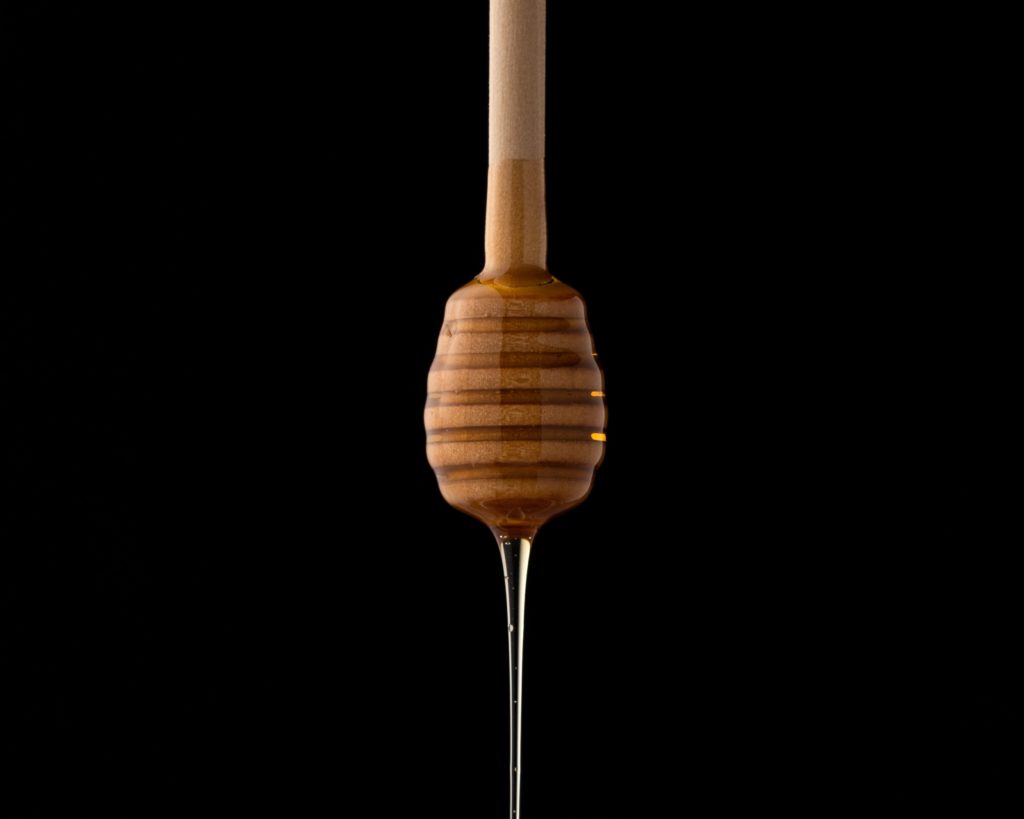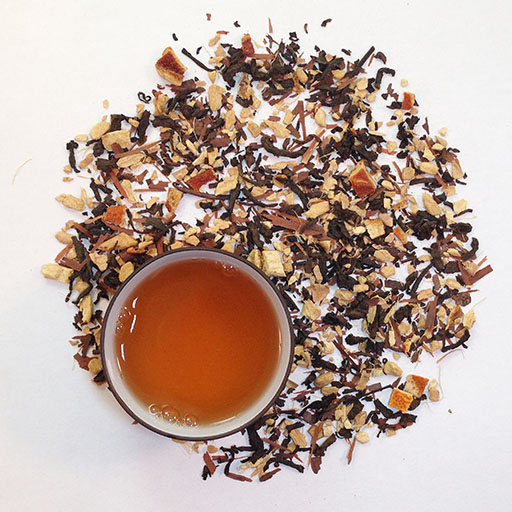
With spring cleaning here, along with the epic amounts of cleaning we all are performing these days, it’s time to detox our bodies with tea
We all are in cleaning mode. Here at Ku Cha House of Tea, we wash our hands so frequently now that we wonder if it is possible for excessive scrubbing to remove flesh. We hope not!
Many of us, too, have been cooped up inside and eating far too much pizza, chips, ice cream and other easy-to-binge-on foods and snacks.
All of the cleaning, and the binging, coincides with the spring cleaning to which so many of us commit during April. Cabinets get emptied, and scrubbed. Floors receive much more than sweeping and vacuuming — they get the deep clean treatment. Refrigerators? We say goodbye to the opened jar of salsa way in the back, the one we bought 6 months ago for tacos and then forgot about. Shelves get removed and washed. Trash cans fill with old jars of this and that.
It’s work. And it always feels good.
We have been writing a lot about immunity teas, and we will continue to do so. Now we turn to a similar style of tea — detox teas. Just as spring cleaning freshens our houses and yards, spring detoxing also revives our bodies after the long winter.
Not only is detoxing good for the body, by cleaning out gunk. It also, like immunity tea, helps invigorate the body by eliminating things that sap its strength. Right now, we need all of the strength we can muster.Enjoy our detox teas. And remember, if you order online we will send you free Organic ImmuniTea to further bolster your body’s superpowers!

Organic DetoxiTea
Detoxing often targets kidneys and the liver, for good reason. It is those organs that devote themselves to cleaning our insides. And once in awhile, they also need a good scrub. By helping the kidneys and liver, Organic DetoxiTea reduces inflammation, promotes joint health and serves as an overall tonic for the kidney and liver. Plus, its blend of ingredients provides antiviral and antimicrobial benefits.
Among other important ingredients, like dandelion root (a CLASSIC detox ingredient), lemon peel and cinnamon, it contains lapacho. Chances are, you have never heard of lapacho. We are here to tell you more. Technically, lapacho is a tea made from the inner bark of the pau d’arco tree, in South and Central America. Our tea contains the bark, and when you brew it, it becomes lapacho. Tribes in Central and South America use it to treat infection, fevers and upset stomachs. Herbalists like lapacho for its antiviral, antimicrobial and body-strengthening properties, and so do we.
Organic Ginger Pu-erh
Now that you know a little about lapacho, we turn to it again in our Organic Ginger Puerh. This detox tea combines two ancient traditions in one — Chinese reverance for fermented pu-erh tea, and New World respect for lapacho. An ultimate East-Meets-West tea! In addition, it contains ginger, another plant highly respected for its health-promoting qualities.
We write about pu-erh with some frequency. Its flavor is uniquely complex and wonderful. It normally is packaged in cakes, which tea connoisseurs collect and age. Some pu-erhs are decades old, and over time the teas gain increasingly more complexity, as with wine. And as a fermented product – unique among teas – it offers intriguing health benefits.
Pu-erh is rich in antioxidants, the molecules that fight free radicals. Free radicals damage cells and stress the body. Anything that diminishes free radicals is a thing to embrace. So here’s to pu-erh!

Rooibos
Like pu-erh (see above), the South African shrub rooibos offers a bounty of antioxidants, to battle those pesky free radicals. But it also fuels bodies with electrolytes, minerals that carry an electric charge. These vital minerals, which break down into ions in the body, optimize proper nerve and muscle function, maintain acid-base balance and keep people hydrated. The minerals in rooibos include magnesium, zinc, calcium and manganese.
We offer a range of rooibos teas, from flavored ones (chai, peach, chocolate, vanilla, Earl Grey, herbs de Provence) to straight rooibos. If you haven’t explored rooibos before, now is a wonderful time to begin.

Organic Honey Bush
Honey Bush and rooibos are closely related. Both are shrubs from South Africa, with similar characteristics. One big difference revolves around flavor. Unsurprisingly, honey bush is known for it’s honey-like flavor.
Like the other teas discussed here, honey bush is a natural source of antioxidants, and that includes myriad phenolic compounds, which protect the immune system. A 2013 scientific study of honey bush, published in “Nutrients,” found that phenolic compounds work with the immune system to help buttress the body’s natural defenses against infections. The study gave credence to traditional uses of honey bush for relieving colds, the flu and other diseases.
We love sipping our Organic Honey Bush for its sweet, lovely flavor. And we appreciate its health-boosting properties.


